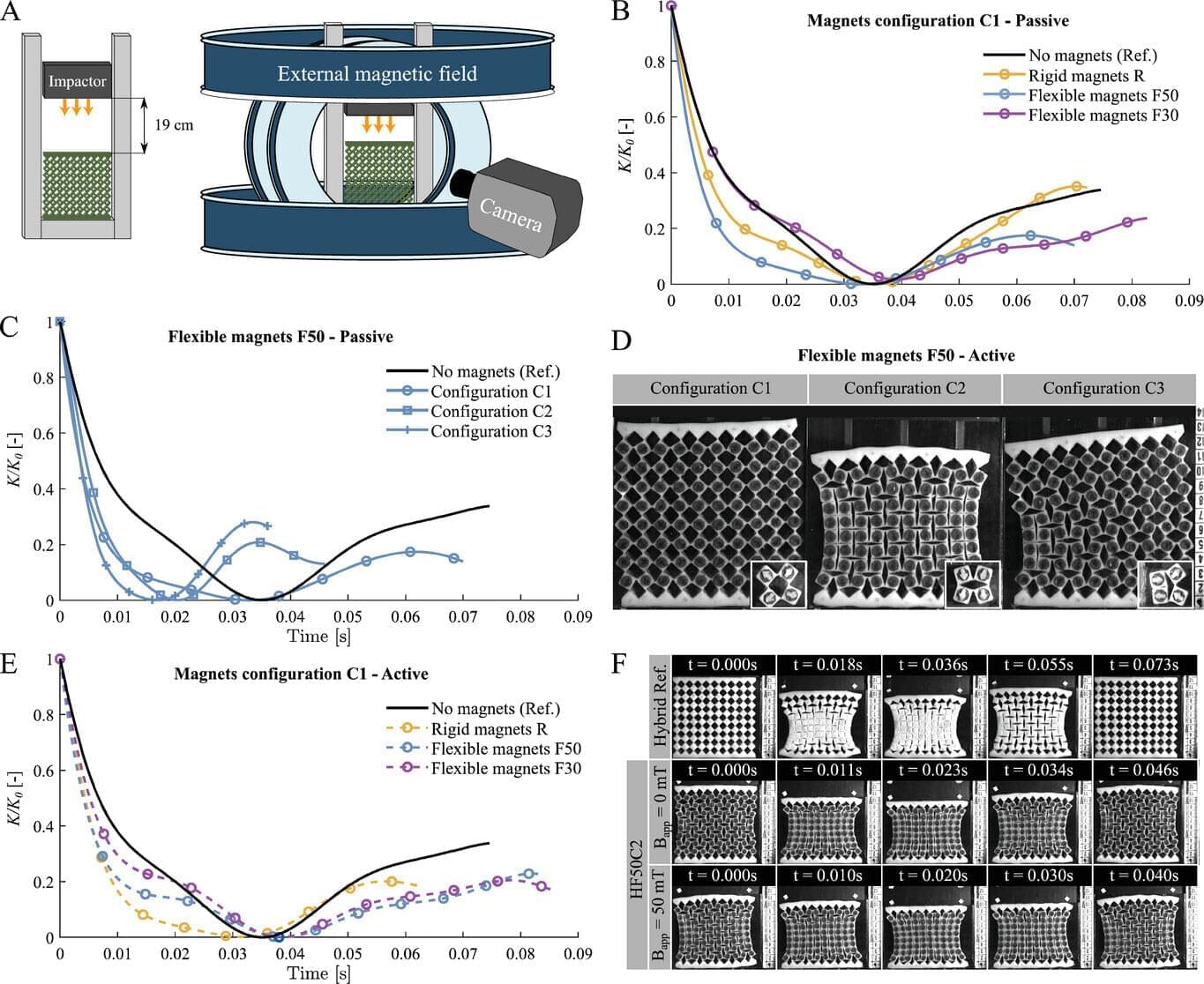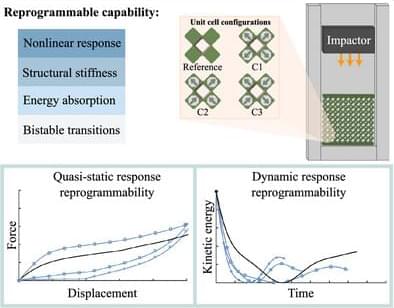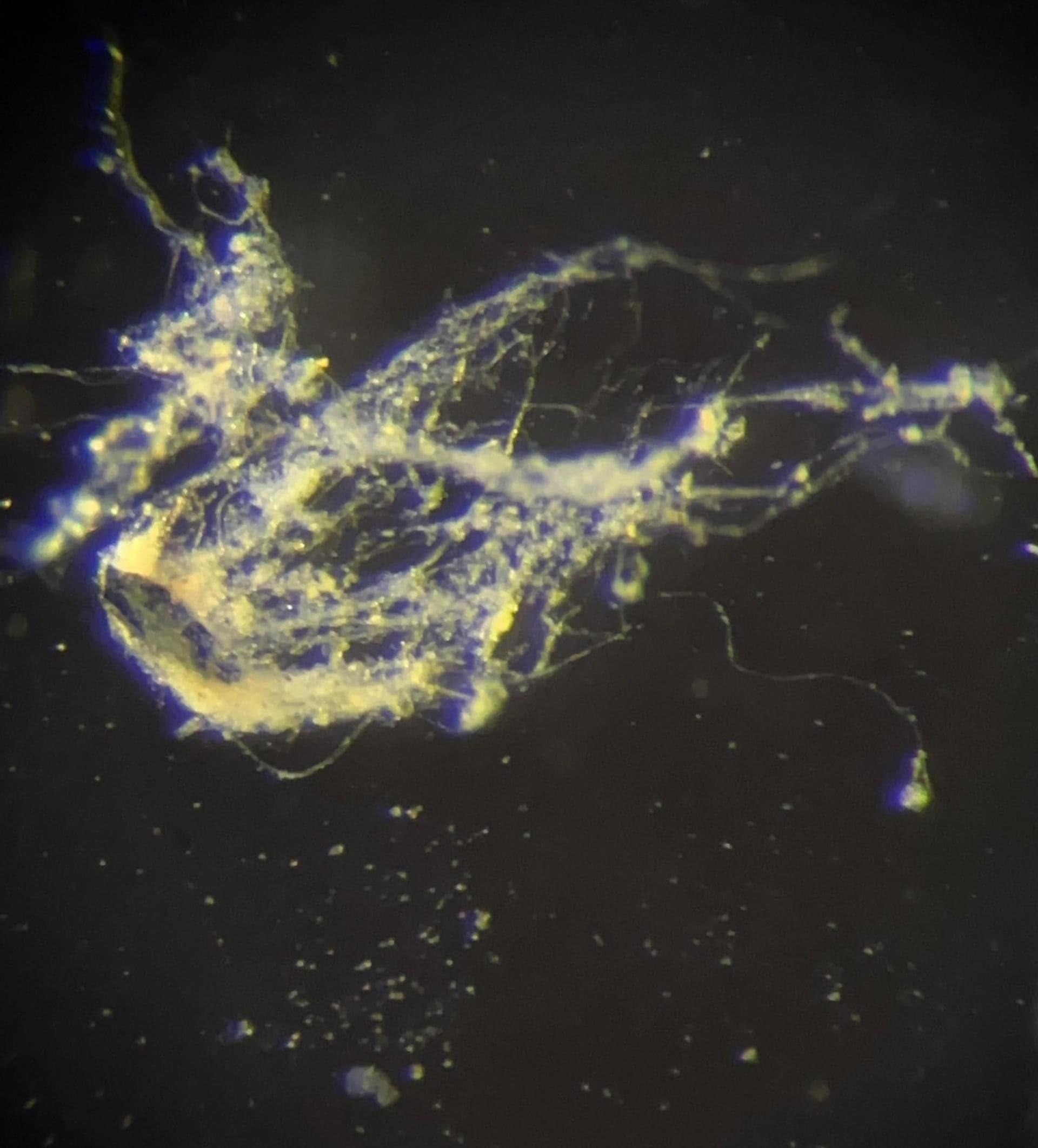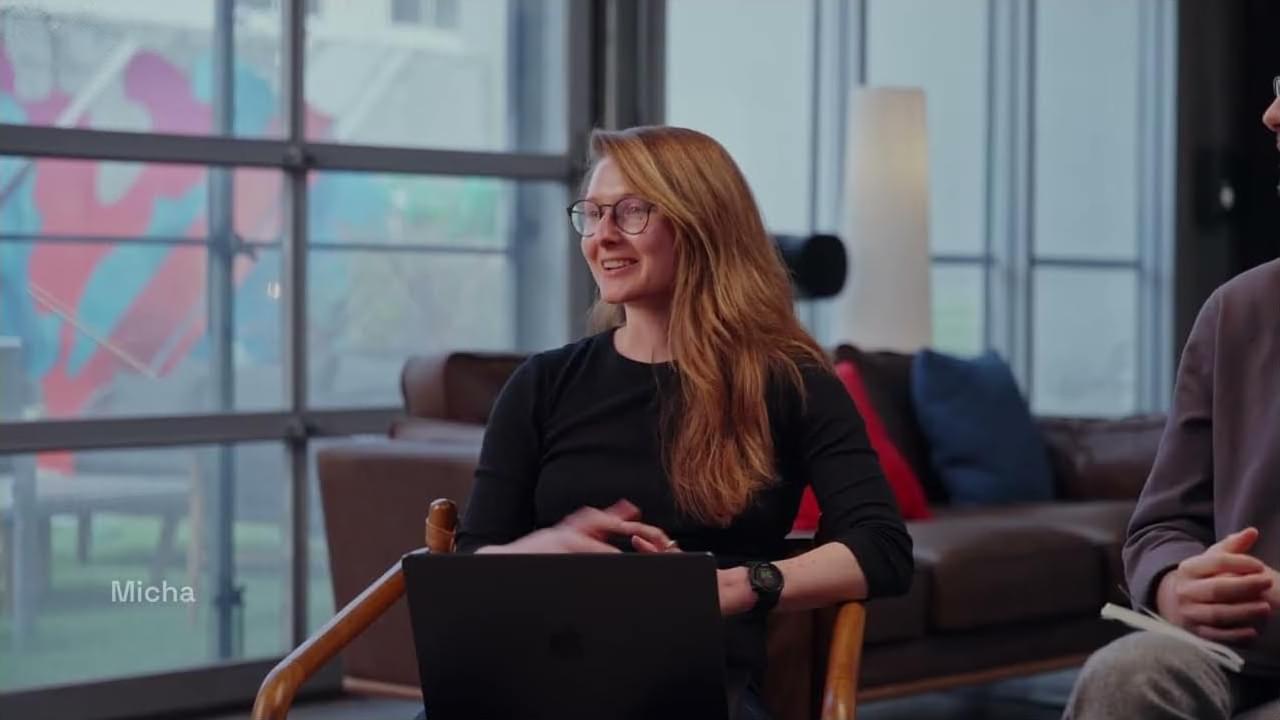Video editing services, YouTube Shorts editing, Podcast editing, social media video content
Since the dawn of philosophy, thinkers from Plato to Kant have considered how beauty affects human experience, and whether it has the power to transform our state of mind.
Now, a new study from the University of Cambridge suggests that stopping to contemplate the beauty of artistic objects in a gallery or museum boosts our ability to think in abstract ways and consider the “bigger picture” when it comes to our lives.
Researchers say the findings offer empirical evidence that engaging with artistic beauty helps us escape the “mental trappings of daily life,” such as current anxieties and to-do lists, and induce “psychological distancing”: the process of zooming out on your thoughts to gain clarity.
Scientists from Universidad Carlos III de Madrid (UC3M) and Harvard University have experimentally demonstrated that it is possible to reprogram the mechanical and structural behavior of innovative artificial materials with magnetic properties, known as metamaterials, without the need to modify their composition. This technology opens the door to innovations in fields such as biomedicine and soft robotics, among others.
The study, recently published in the journal Advanced Materials, details how to reprogram these mechanical metamaterials by using flexible magnets distributed throughout their structure.
What is innovative about our proposal is the incorporation of small flexible magnets integrated into a rotating rhomboid matrix that allows the stiffness and energy absorption capacity of the structure to be modified by simply changing the distribution of these magnets or applying an external magnetic field. This confers unique properties that are not present in conventional materials or in nature.
The combination of flexible matrices with embedded hard-magnetic nodes enables metastructures with reprogrammable mechanical properties, even in the absence of external magnetic fields. The evolving…
Research council launches 100m kroner fund as Norwegian government calls for the protection of academic freedom
Scientists identified a new electrically conductive bacterium, Ca. Electrothrix yaqonensis, with potential applications in pollution cleanup and bioelectronics. Researchers have discovered a previously unknown species of bacteria capable of conducting electricity, potentially paving the way for i
Revolutionary AI-driven 3D heart scans cut the need for invasive tests and have already saved millions of pounds, according to new analysis. Now rolled out across 56 NHS hospitals in England, the clever tech enables doctors to diagnose and treat patients with suspected heart disease much faster by turning a CT scan of their heart […]
Nvidia and ServiceNow have created an AI model that can help companies create learning AI agents to automate corporate workloads.
The open-source Apriel model, available generally in the second quarter on HuggingFace, will help create AI agents that can make decisions around IT, human resources and customer-service functions.
“If you look at the foundation models, they’re very big, very slow,” Dorit Zilbershot, ServiceNow’s group vice president of AI experiences and innovation, said in an interview. “This is only a 15-billion-parameters model, it’s highly trained on reasoning. We expect the reasoning to be very, very important.
Quantum ideas describe particles and fields in tiny packages, but general relativity paints gravity as smooth curves in space‑time. Until now.
This AI superintelligence can help replace the need for tons of research hurdles such as time constraints finding items of knowledge to make what would take weeks or years into seconds of time.
Science is bottlenecked by data. The 38 million papers on PubMed, 500,000+ clinical trials, and thousands of specialized tools have created an information bottleneck that even the most brilliant scientists can’t navigate. At FutureHouse, our mission is to solve this problem by building an AI Scientist. Today, we are taking a significant step forward by releasing the first publicly available superintelligent scientific agents accessible to researchers everywhere, with benchmarked superhuman literature search & synthesis capabilities.
Crow is a general-purpose agent that can search the literature and provide concise, scholarly answers to questions, and is perfect for use via API.
Falcon is specialized for deep literature reviews. It can search and synthesize more scientific literature than any other agent we are aware of, and also has access to several specialized scientific databases, like OpenTargets.









